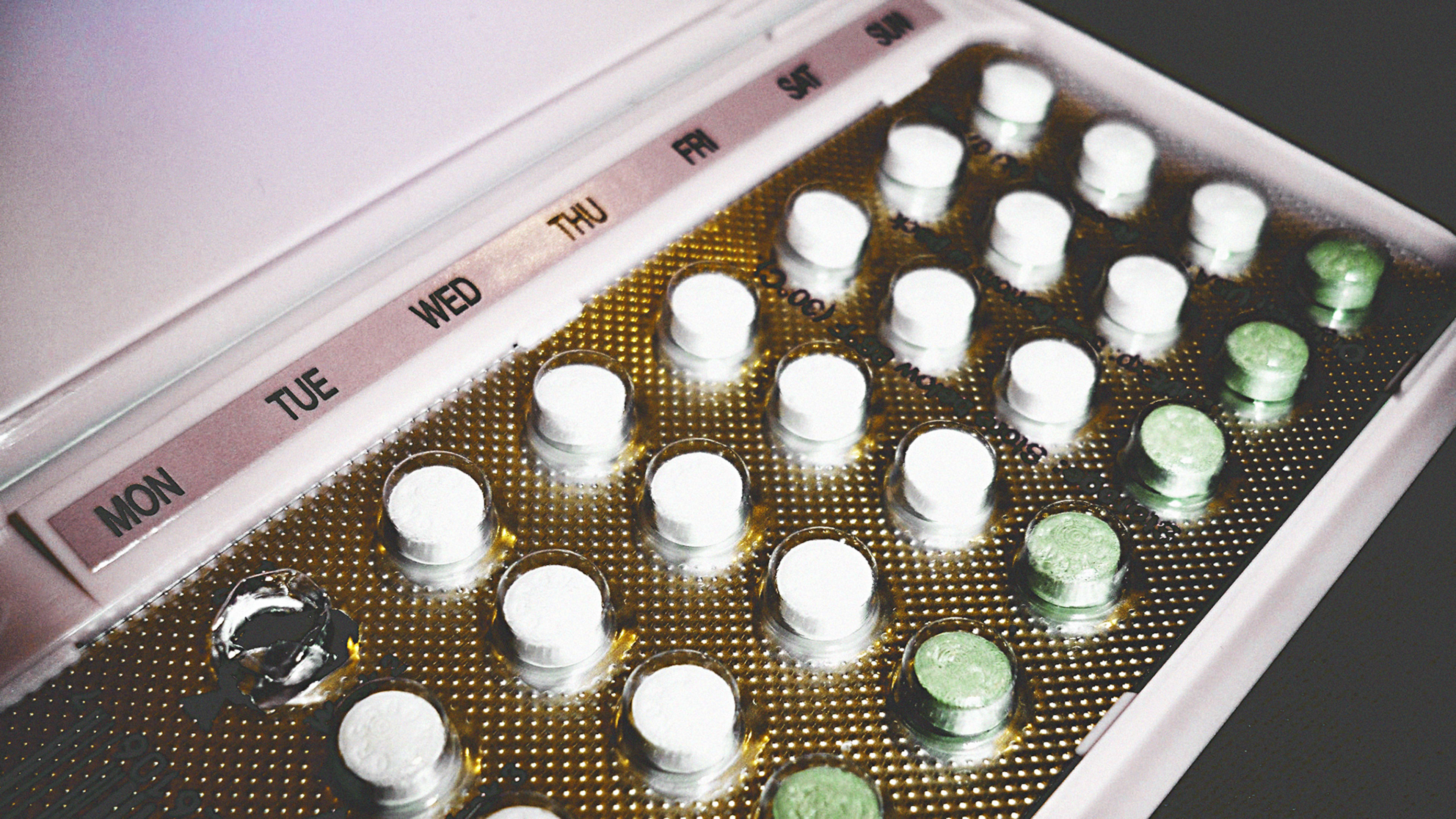Contraceptive apps are becoming all the rage. These programs–such as Natural Cycles–help women track their menstruation cycles, using data like body temperature, to let users know when they are most likely to be infertile.
These apps, however, aren’t perfect. Engadget reports a case study of 37 unwanted pregnancies from about 600 Swedish women. Still, this is somewhat in line with what the app claims to do. Natural Cycle told Fast Company last year its “efficacy rate” was 93%, meaning 7 out of every 100 women may get pregnant if they use the app alone as contraceptive. Thirty-seven out of 668–as was cited in Engadget–represents 5.5%.
All the same, these findings show that software layers for biological issues are no panacea. An app, it seems, is not as effective as–say–a plain old condom.
Recognize your brand’s excellence by applying to this year’s Brands That Matter Awards before the early-rate deadline, May 3.
